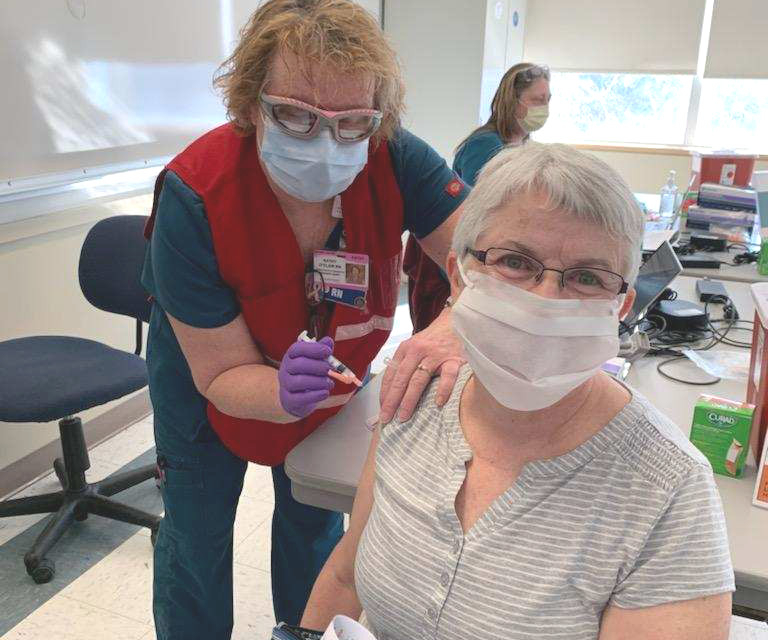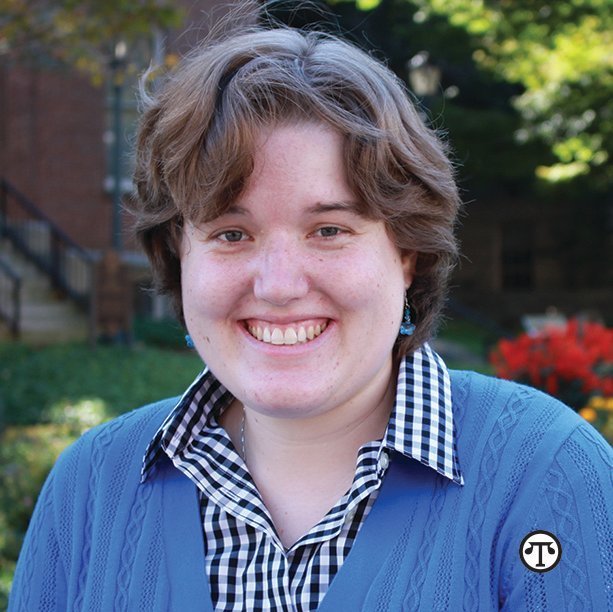China broadband committee narrows list to one
 by Mary Grow
by Mary Grow
China Broadband Committee members have narrowed to one the list of companies they will negotiate with, for now, about offering expanded and improved broadband service town-wide.
At their March 11 meeting, they unanimously asked consultant Mark Van Loan, of Mission Broadband, to invite representatives of Machias-based Axiom Technologies to meet with them virtually at 7 p.m. Thursday, March 18.
They also asked Van Loan to notify Sertex Broadband Solutions that they are starting with Axiom, but would appreciate Sertex remaining available in case they and Axiom cannot reach agreement.
A week earlier they asked Van Loan to send a similar message to Spectrum Community Solutions. Van Loan reported the Spectrum representative with whom he spoke said the company would renew discussions if invited.
Spectrum, the company that provides service to many China residents, fell off the list first because of a legal issue. Their proposal includes the town issuing a bond to contribute to costs of expanding and upgrading service, but they would retain ownership of the network. Committee member Jamie Pitney, a lawyer, thinks state law does not allow a municipality to issue a bond to finance something it will not own.
Axiom and Sertex both propose they or a subcontractor will build the broadband network; they or a subcontractor will be the Internet Service Provider (ISP) that runs it; and they or a subcontractor will maintain it. The town will own it.
To committee members town ownership offers many advantages. Chairman Robert O’Connor opened the March 11 meeting with a short Institute for Local Self-Reliance video listing them, including local control, local jobs and cost savings.
Pitney expressed a preference for negotiating first with Axiom because he found that company’s proposal and its representatives’ answers to committee questions better organized and more understandable than Sertex’s.
Costs, as estimated at this early stage, are comparable between Axiom and Sertex: better town-wide service will cost between six and seven million dollars.
Committee members divide costs into construction, which will be repaid within a fixed number of years, and on-going operations. They have made no recommendations on dividing the payment obligation among user fees, local taxes and possible other sources, like grants.
Committee members prepared a list of questions they asked Van Loan to send to Axiom in preparation for the March 18 meeting.








 The Town Line presents the STUDENT WRITERS PROGRAM
The Town Line presents the STUDENT WRITERS PROGRAM The Planning Board will be holding a Public Hearing on March 15th at 6:30 p.m.
The Planning Board will be holding a Public Hearing on March 15th at 6:30 p.m.